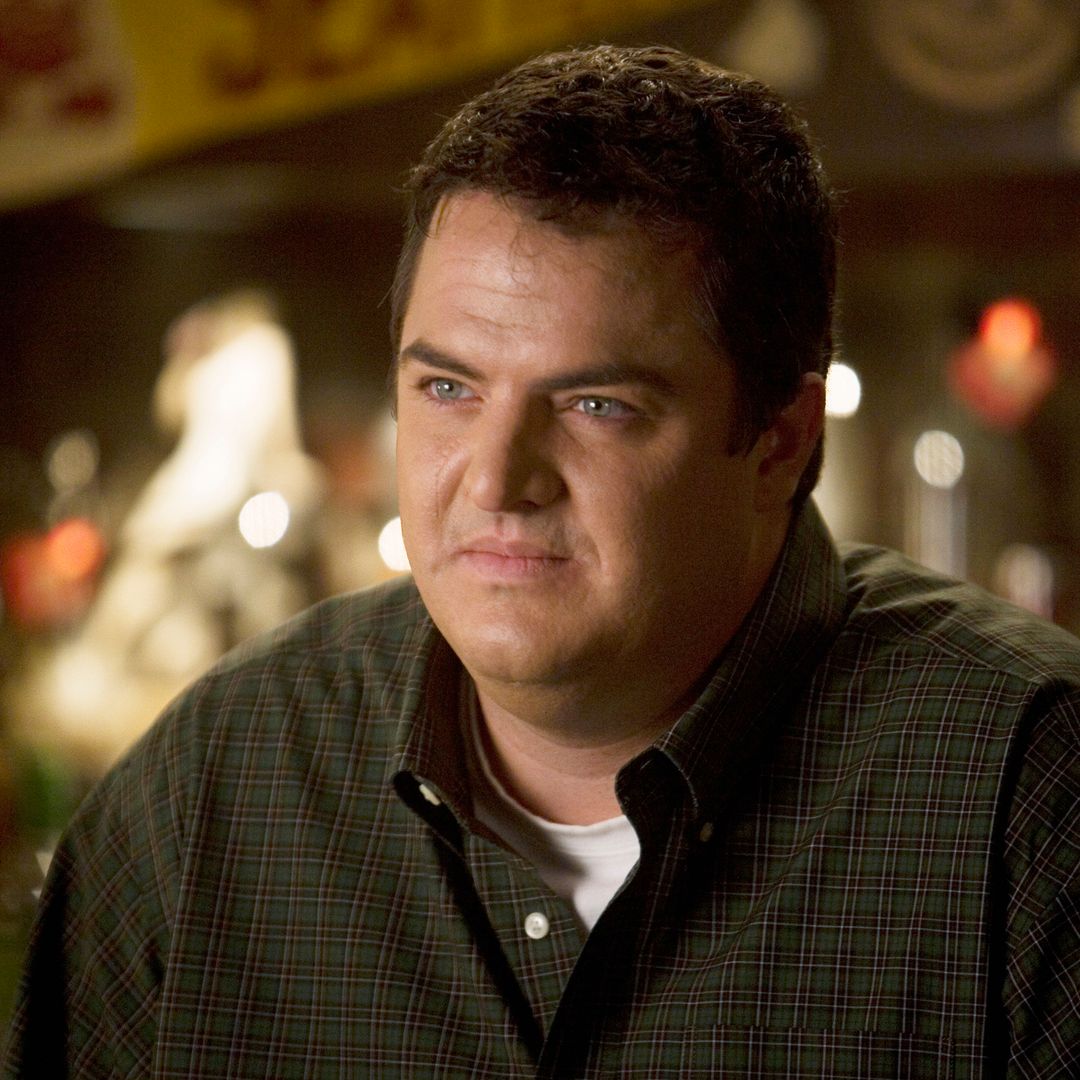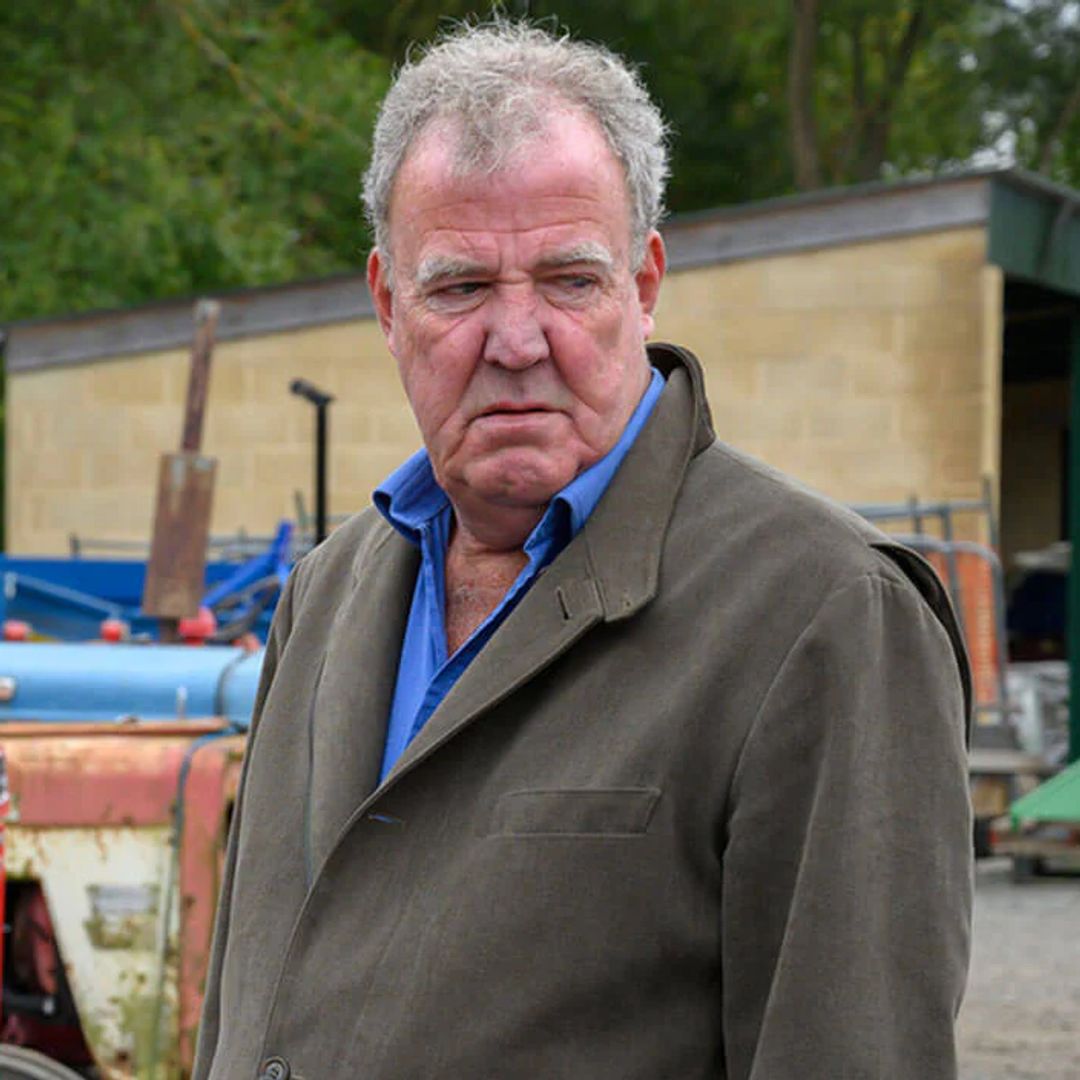Dame Esther Rantzen's daughter, Rebecca Wilcox, has said the cancer drug her mother was put on last year is no longer working.
Esther, who founded Childline in 1986, was diagnosed with stage four lung cancer in 2023. Last year, things looked hopeful after she told The Sunday Times about a new drug she was trying that slowed the spread of the disease in her body.
Sadly, Rebecca told 5 News on Thursday that the medication is no longer working.
Host of the programme, Julian Druker, asked if the medication she was on "was an improvement," to which an emotional Rebecca replied: "I really wish that was true, but I don't think that's the case anymore."
Both Dame Esther and her daughter are advocates for making assisted dying legal in the UK.
Discussing the delay in the implementation of the assisted dying bill in the UK, Rebecca said: "I just wish that people understood that all the assisted dying bill is, is choice for people that want it.
"All it is, is giving you peace of mind, and that peace of mind—I cannot tell you how powerful that would be right now for my mum.
"I'm a witness to the trauma of uncertainty, to the trauma of stress around what is going to happen.
"The fact that she doesn't know how her death is going to happen, how the pain is going to progress, the exhaustion, the fatigue, what symptoms are going to come.
"She is a person who has fought her whole life for other people, and she has no control now.
"Why can't we give people like my mum, with a terminal diagnosis and no other choice, some choice as to when, how, and where they die?"
According to Rebecca, her mother previously considered travelling to Switzerland, where assisted dying is legal.
"Frankly, Dignitas is out of the window for us as well," she said. "You have to be relatively healthy to do that. If she had gone, she would have gone months before she would have died here."
The latest on the government's assisted dying bill
According to BBC News, the assisted dying bill has been pushed back and likely won't be implemented until 2029.
The decision to postpone its implementation was due to Kim Leadbeater, the Labour MP bringing the bill, making amendments, as well as allowing enough time to set up training and systems for what would be an entirely new service.
Changes made to the bill since MPs voted in favour—including a new commission and panel system to oversee applications—have contributed to the delay.
Kim's new amendment changes the maximum implementation period from two years to four years.
The publication reported that if all the systems are ready before four years, assisted dying will go ahead earlier than the deadline.











